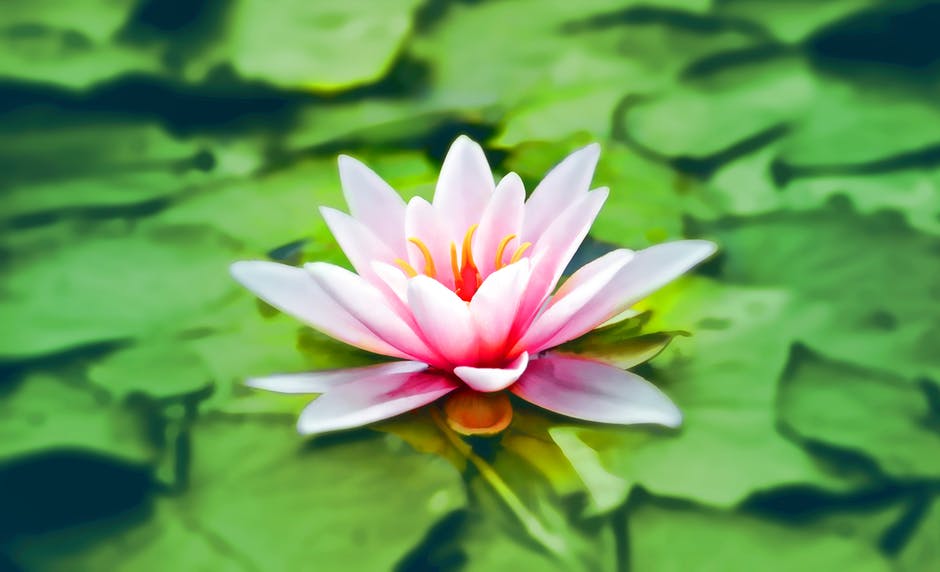One of the first steps in the process of dealing with an addiction is to establish the emotional cause of it. More often than not, an addiction comes from a state of unhappiness whereby we believe that we can only become happy by having a certain thing, whether that is more money, a different job or a certain relationship. As humans, we can never completely avoid these wants, but those who are unable to reach a state of happiness without certain things can often turn to things that make them feel good, albeit temporarily, such as alcohol or drugs.
What is meditation?
Meditation is a process which involves achieving a connection between your mind and your body and promoting a positive attitude through relaxation and serenity. For something so simple, it has been proven to improve physical and mental health, making it a great option for those who are undergoing drug or alcohol rehabilitation.
Where can I practice meditation?
The great thing about meditation is that you can practice it at any time. You should try to choose a quiet environment and a comfortable position which will better allow you to establish a point of focus. The skill is to know how to gently turn your focus back to being relaxed if you feel your thoughts beginning to wander.
Benefits of meditation
The aim of meditation is to achieve a sense of inner calm. This will allow you to detach from negative thoughts and impulses that may make you relapse. Any type of meditation will have benefits including:
- Relief from anxiety
- Reduction in depression
- Temporary pain relief
- Improved immune system
- Decrease in blood pressure
- Higher quality of sleep
Meditation and relaxation exercises for addiction
Practising meditation on a regular basis can help to reduce any cravings you might be feeling that will negatively impact the rehabilitation process. This is because it is a form of non-judgmental observation whereby the individual will focus their attention on the present moment.
Deep breathing exercises are a powerful technique that can be practised anywhere. Breathe deeply through your nose from the abdomen to get as much fresh air as possible into your lungs before exhaling through your mouth, pushing out as much air as you can while contracting your abdominal muscles. Continuing to do this for some time will calm you down and help you to focus.
Something else to try is progressive muscle relaxation. This is a process whereby you tense and relax different muscle groups in the body, one at a time. By doing this regularly, you’ll soon be able to notice the first signs of the muscular tension that manifests itself through stress. Combining this with deep breathing will help you to kerb the initial niggling of cravings.
Another is visualisation which involves imagining a scene where you most feel at ease and are free to let go of any tension or stress. This works best if you incorporate as many sensory details as you can. For example, imagine that you see deep blue clear waters, that you can hear birds singing, that you can smell the woodland, feel warm sand on your bare feet and taste the clean air.
A lot of rehabilitation centres, such as Ana Treatment Centre, can professionally assist those with an addiction via therapy programmes that include cognitive and behavioral therapy, guided relaxation, art therapy and education workshops.







Leave a Reply